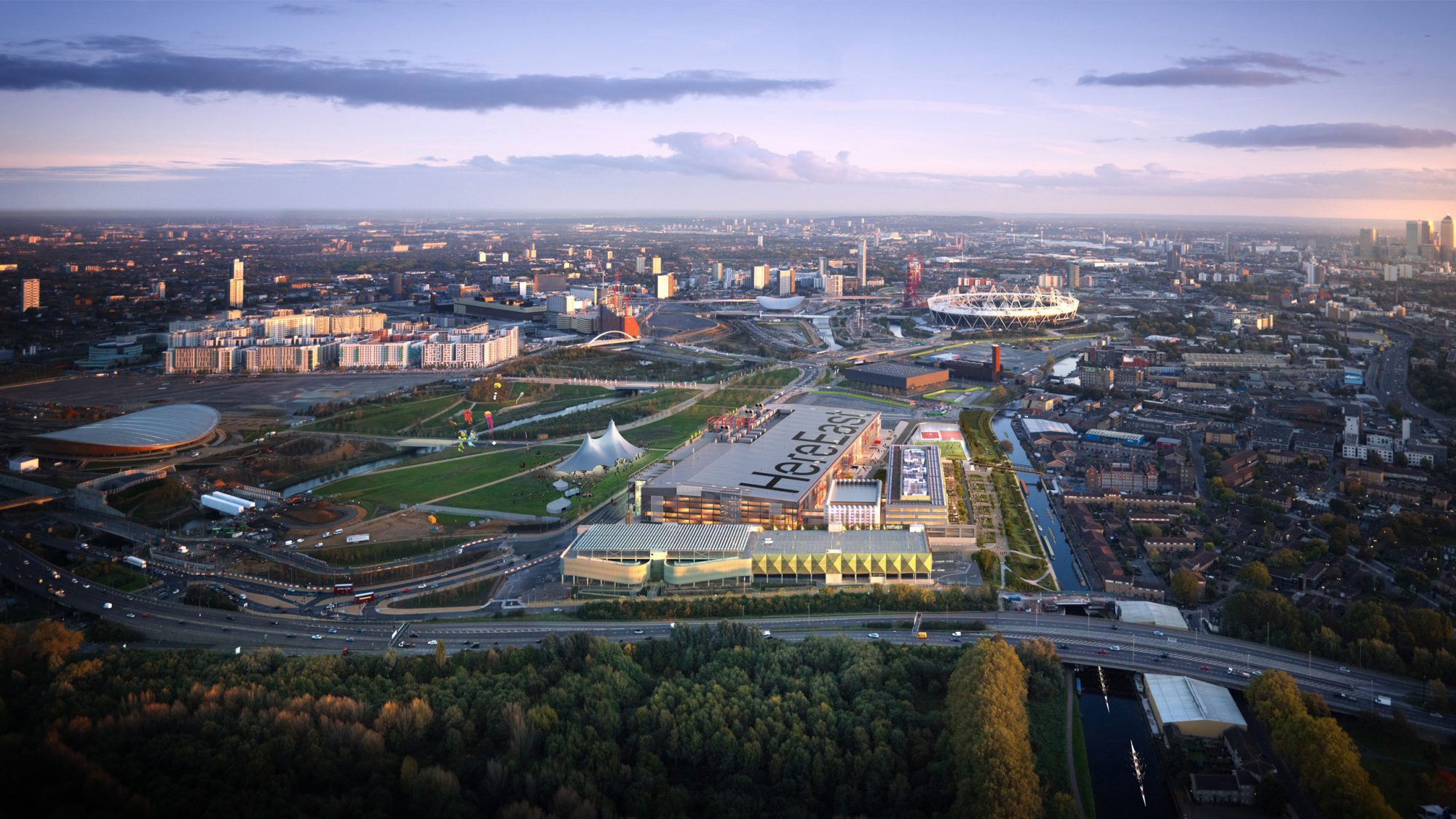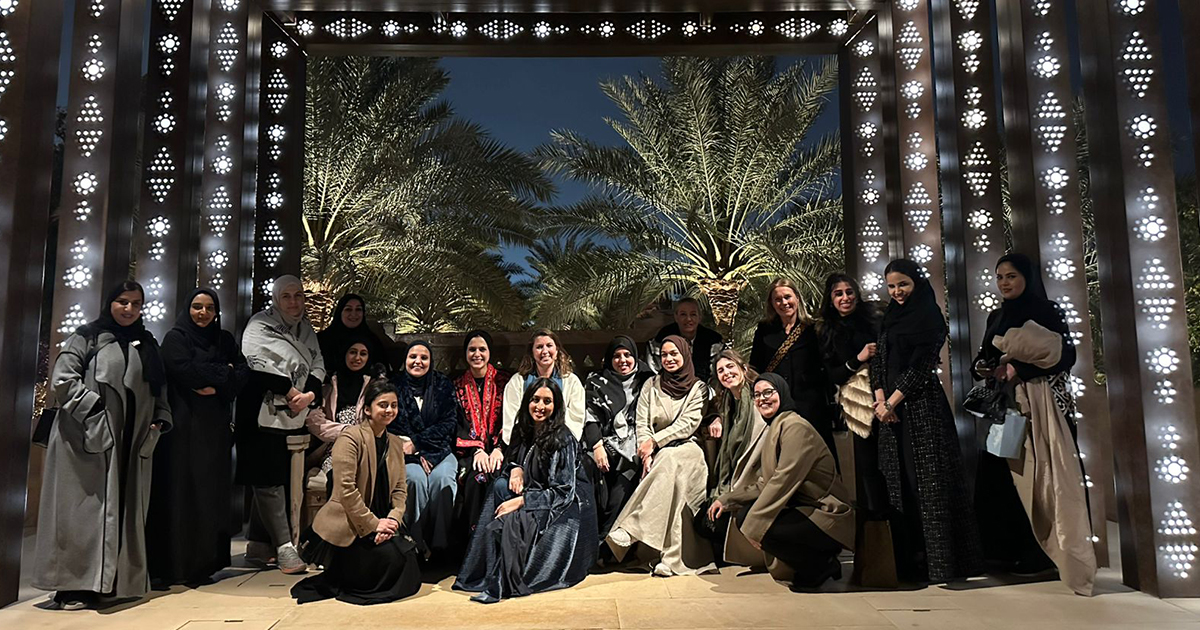We’re excited to reveal that Plexal, University College London (UCL) and Here East have today launched the East London Inclusive Enterprise Zone (ELIEZ), which is the first fully accessible, specially designed space for entrepreneurs and business leaders who are disabled or are focused on servicing disabled people.
The new hub will transform the business of accessible innovation from a cottage industry into a fledgling sector, which drives better inclusion and productivity.
It will feature an innovation lab here at Plexal optimised for accessibility, which will accelerate the development of needed products and services from idea stage through to global deployment. ELIEZ will also coordinate the delivery of accessible innovation education, training and events.
The Zone is a collaboration between Plexal, UCL, Here East, the Global Disability Innovation Hub, Disability Rights UK, Capital Enterprise, Greater London Authority, Loughborough University, London College of Fashion, UAL, Hackney Council, Ford Mobility, Inclusion London, Barclays Eagle Labs and the London Legacy Development Corporation (LLDC).
The £1.2 million ELIEZ project will receive £500,000 from Research England, which is match-funded and supported through in-kind contributions by the partners. This investment is a decisive step in a journey that will welcome further partnerships into an inclusive innovation ecosystem. For more information on opportuntiies to collaborate and get involved, contact our inclusion team on inclusion@plexal.com
Commenting on the news, Andrew Roughan, managing director at Plexal, said: “We’re delighted to be working with UCL to deliver ELIEZ and fully support its mission to develop disability-led innovation. The market for assistive technology is a huge, but what many people don’t realise is that designing for the extreme can also be a powerful way to unlock new products, solutions and innovations that benefit everybody.
“Our vision for Plexal’s disability-led innovation hub is to act as an ecosystem that brings together innovators with first-hand accessibility challenges, government, industry, tech giants and academia, resulting in the development and commercialisation of new businesses, as well as new ways of fairly distributing the value created.”
Deputy mayor of London for business, Rajesh Agrawal is also excited about the launch: “The Mayor and I are committed to ensuring all Londoners can participate in our thriving economy. This exciting new project is an important step in making this a reality and creating new opportunities for disabled entrepreneurs.
“I’m thrilled that such a diverse group of partners has come together to create this new innovation zone and I look forward to seeing it help new startups grow and thrive.”
Meanwhile, science minister Chris Skidmore said: “Small businesses are the lifeblood of our economy, and London has a thriving ecosystem of local businesses and entrepreneurs whose creativity and determination help underpin the UK’s position as a leading innovator.
“Alongside this, many of London’s research community are right on the precipice of turning ground-breaking ideas into real products and services which could change the lives not just of people in the local community, but people around the world.”
Partnering with UCL
This zone builds on the success of the Global Disability Innovation (GDI) Hub (which is based at UCL on the Here East campus), which already provides exceptional disability-focused teaching, research and innovation as well as delivering a UK Aid funded £20m global programme on assistive technology.
UCL Innovation & Enterprise will use its business expertise to support the ambitions of the ELIEZ and deliver on the potential of inclusive innovation. The team has a successfully supported the launch of 68 graduate startups at UCL’s BaseKX incubator in the past 12 months, attracting £7.5 million of external investment.
Dr Catherine Holloway, academic director of the GDI Hub at UCL, said: “The East London Inclusive Enterprise Zone builds on the legacy of the London 2012 Paralympic Games – the most successful Paralympic Games ever. More importantly, it will nurture a new generation of diverse entrepreneurs and innovators who are committed to developing a better, fairer future for all people.
“Our aim is to launch 100 new startups which will then kick-start the UK’s first inclusive innovation sector and foster inclusive technological, social and economic growth for the benefit of all.”
Disability-led innovation
About 15% of the global population has a form of disability, yet disabled people are frequently excluded from the opportunities available to non-disabled people.
As an example of this exclusion, only one in 10 disabled people have access to the assistive technology they require to go to school, work, or have a family. In the UK, the disability employment gap – the difference in the rate of employment of disabled people and non-disabled people – has remained at around 30% for a decade.


